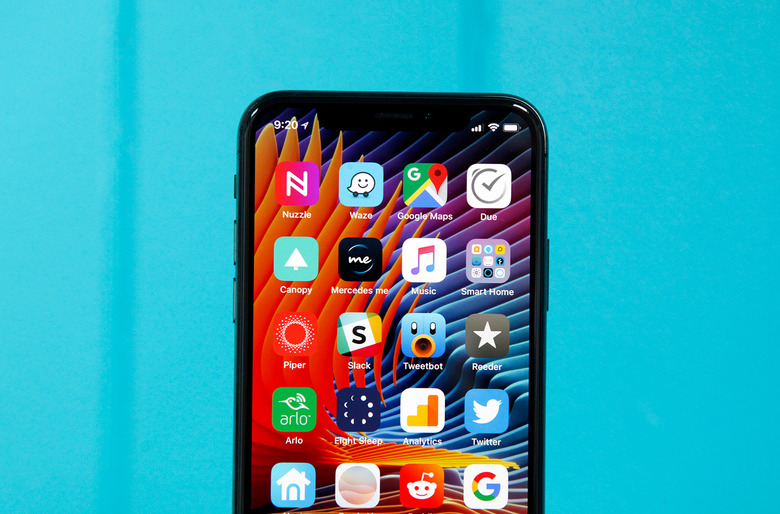The iPhone X's Face ID Is Years Ahead Of Android
The iPhone X brings to the iOS ecosystem a brand new trick that, in time, will probably find its way to other iOS and macOS devices. Face ID is the iPhone X's signature feature, a facial recognition system that's more sophisticated than anything available from the competition, and a lot more secure.
Some of the Android fans who have used facial recognition on Samsung phones like the Galaxy Note 8 and Galaxy S8 will rightly say that Apple hasn't invented the feature. They may even roll their eyes incredulously if you tell them Apple's way is better and will probably be copied by their favorite Android device maker. Those people should really read this iPhone X review from an Android blog.
It's Android Central that reviewed Apple's best iPhone ever to see what the big fuss is all about. What caught my eye was the comparison between the iPhone X's Face ID, and Samsung's iris scanner and the Face Recognition feature.
In case you forgot, the Galaxy Note 8 and Galaxy S8 feature several biometrics-based authentication systems. The fingerprint on the back scans fingers, the iris scanner analyzes your eye, and it's almost as secure as Face ID, and the Face Recognition feature scans your face but can be cracked with photos. Iris and face scanning do not work at the same time, however.
Android Central concluded that Face ID is above and beyond what's available on Samsung's best phones:
Face ID is so good and so consistent, you don't even need Touch ID. Until Android manufacturers can get there, they should stick to fingerprints.
The experience on the best Galaxy phones is sub-par when compared to the iPhone X:
With the Galaxy S8 or Note 8, you must choose one or the other; iris scanning, which is far more finicky and requires the phone to be close to the face to work (although it works great in the dark); or face recognition, which is faster and more forgiving, but uses the front-facing camera, which makes it fail more often in the dark.
Furthermore, Face ID comes with the added benefit that it can be used to unlock apps that relied on Touch ID before, whereas Samsung phones do not have the same kind of in-app functionality integration.
The conclusion is that Apple's facial recognition system has no rival in the world of Android:
Apple nailed biometrics on the iPhone X, and Android manufacturers are going to have to think about whether they can and should try to compete, or just stick to the tried-and-tested rear or side fingerprint sensor, which is working well for them so far.
In case you're on the fence, and still not convince what to choose between iPhone and Android, you should check out the full review which goes through the iPhone X's main features offering comparisons to Android where appropriate.
